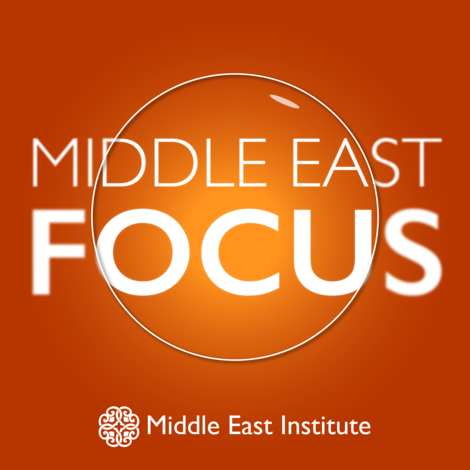Your podcast discovery platform
Curious minds select the most fascinating podcasts from around the world. Discover hand-piqd audio recommendations on your favorite topics.

piqer for: Boom and bust Global finds
I am a Dutch journalist, writer and photographer and cover topics such as human rights, poverty, migration, environmental issues, culture and business. I’m currently based in The Hague, The Netherlands, and frequently travel to other parts of the world. I have also lived in Tunisia, Egypt, Kuwait and Dubai.
My work has been published by Al Jazeera English, BBC, The Atlantic's CityLab, Vice, Deutsche Welle, Middle East Eye, The Sydney Morning Herald, and many Dutch and Belgian publications.
I hold an MA in Arabic Languages and Cultures from Radboud University Nijmegen and a post-Master degree in Journalism from Erasmus University Rotterdam. What I love most about my work is the opportunities I get to ask loads of questions. Email: [email protected]
Middle East Focus, A Podcast: Tunisia’s Path From Dictatorship To Democracy
Middle East Focus is a weekly podcast featuring talk and analysis on U.S. foreign policy, contemporary political and social issues in the Middle East, and the arts and culture of the region. It is produced by the Middle East Institute, a non-partisan think tank in Washington, D.C.
In this edition, you can hear about the current situation in Tunisia. The North African country, where the Arab uprisings began seven years ago, is seen as an example in the region. The dictator left, elections were held, there is more freedom. Contrary to Libya and Syria, civil war didn’t break out. However, the country continues to face many difficulties in its transition on the economic, political and security fronts.
“In many ways, Tunisia has changed radically since the revolution, and in other ways, it hasn’t changed at all,” says Bill Lawrence, professor of political science and international affairs at the George Washington University’s Elliott School of International Affairs. “If you talk to Tunisians, they tend to be very pessimistic.”
“The revolution brought a lot of hopes, a lot of promises and these promises are not happening, unfortunately,” says Emir Sfaxi, a Tunisian public policy consultant and Fulbright scholar.
He explains that the current prime minister, Youssef Chahed, doesn’t have the support of his own party Nida Tounes anymore, but that the Islamist party Ennahda helps him to maintain power to keep stability.
Because of this, reforms can’t take place. Corruption is the biggest disease undermining Tunisia today.
They also talk about the countries surrounding Tunisia. “If Libya and Algeria remain unstable, that destabilises Tunisia in a number of ways.”
The bad economy is the worst problem. Salaries are not sufficient and prices are increasing dramatically. Both guests at the show think that because of this, social instability will be harder and harder to contain and that this will lead to more opportunities for terrorists.
